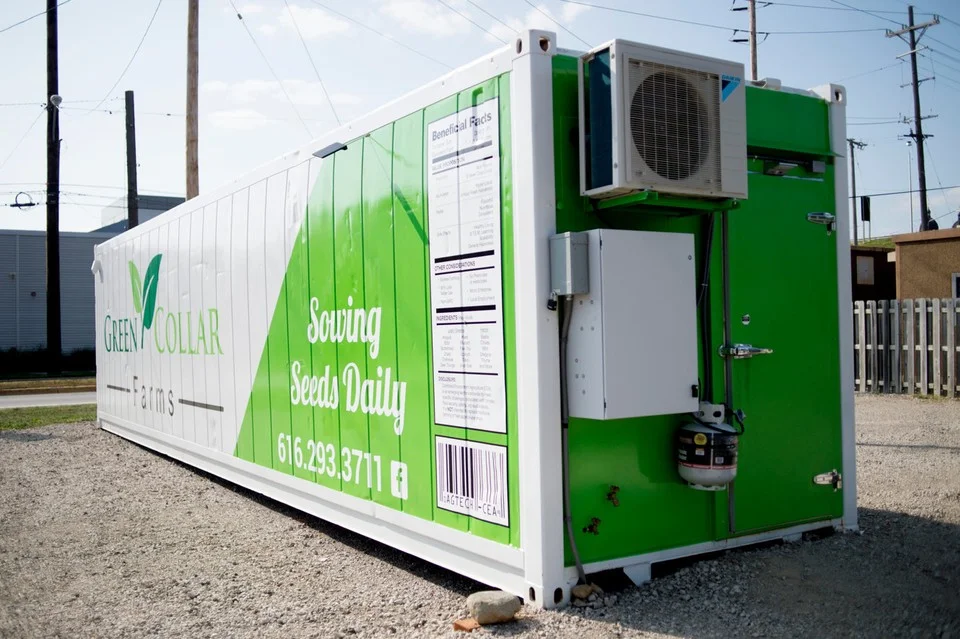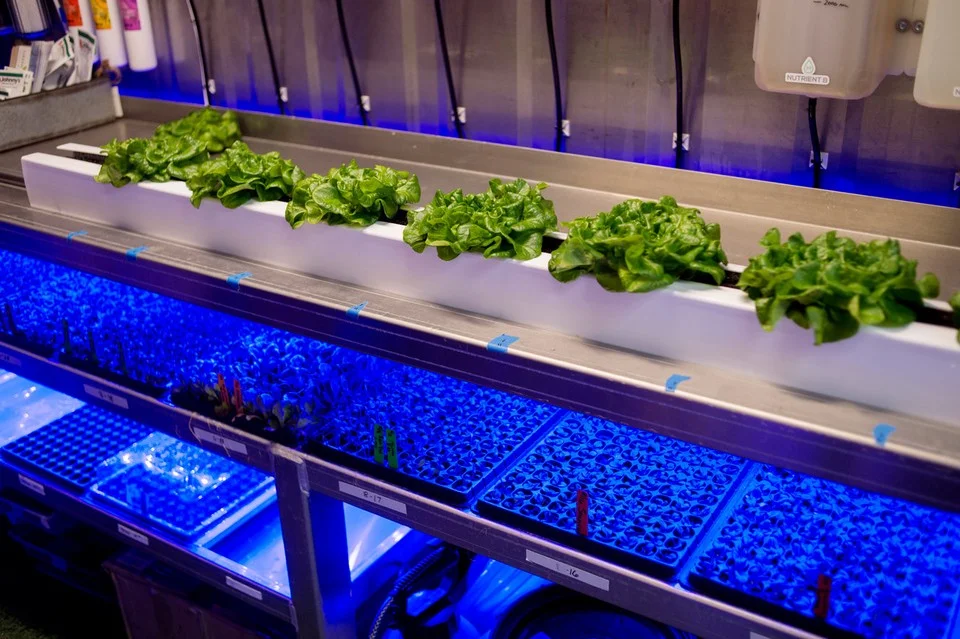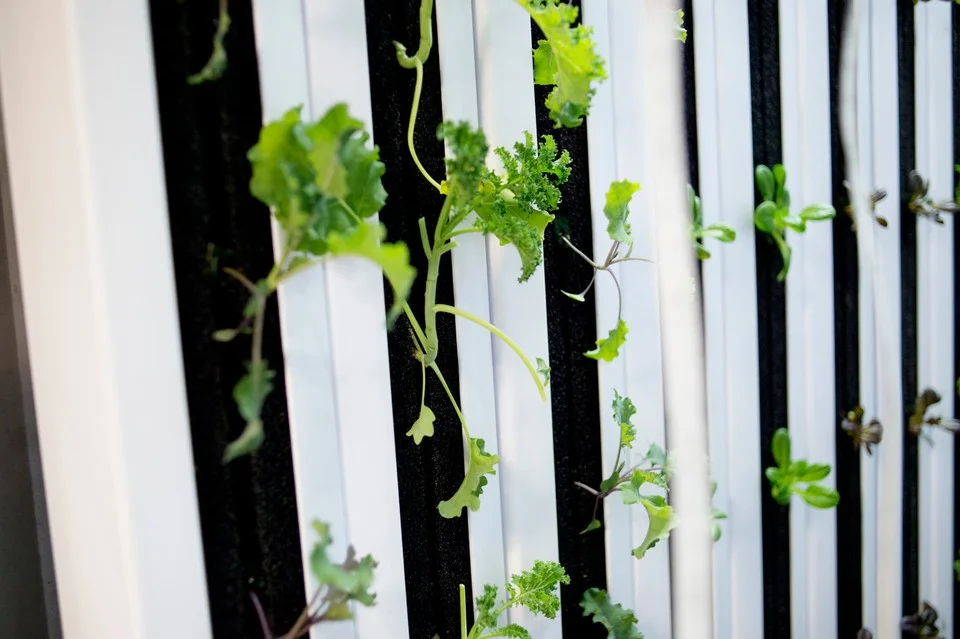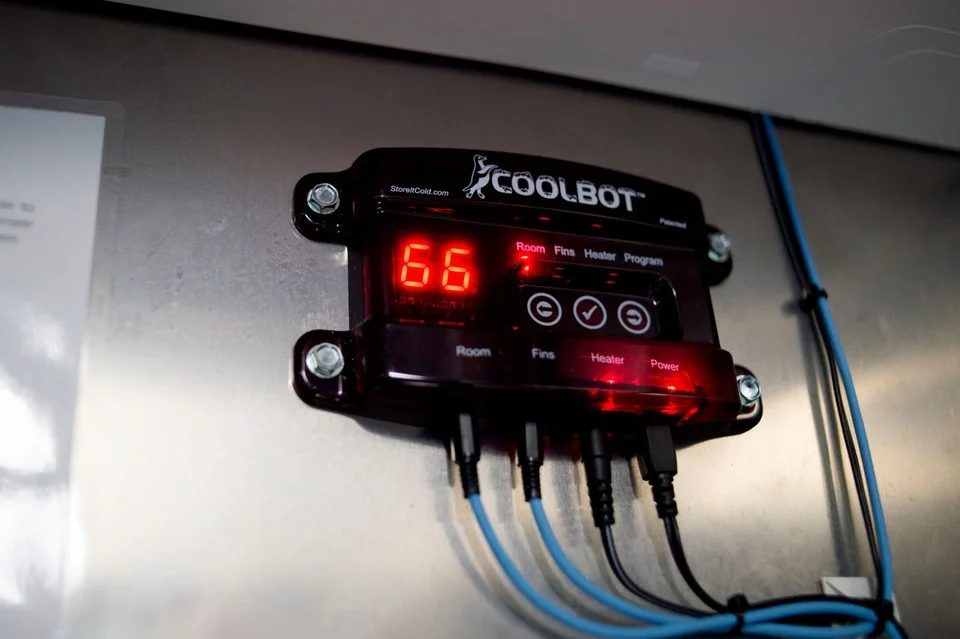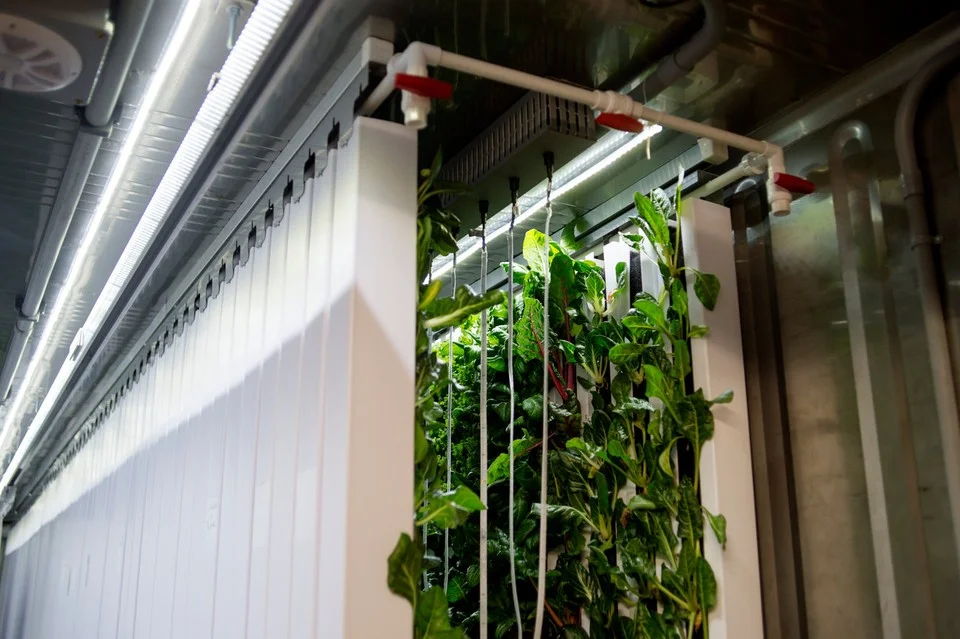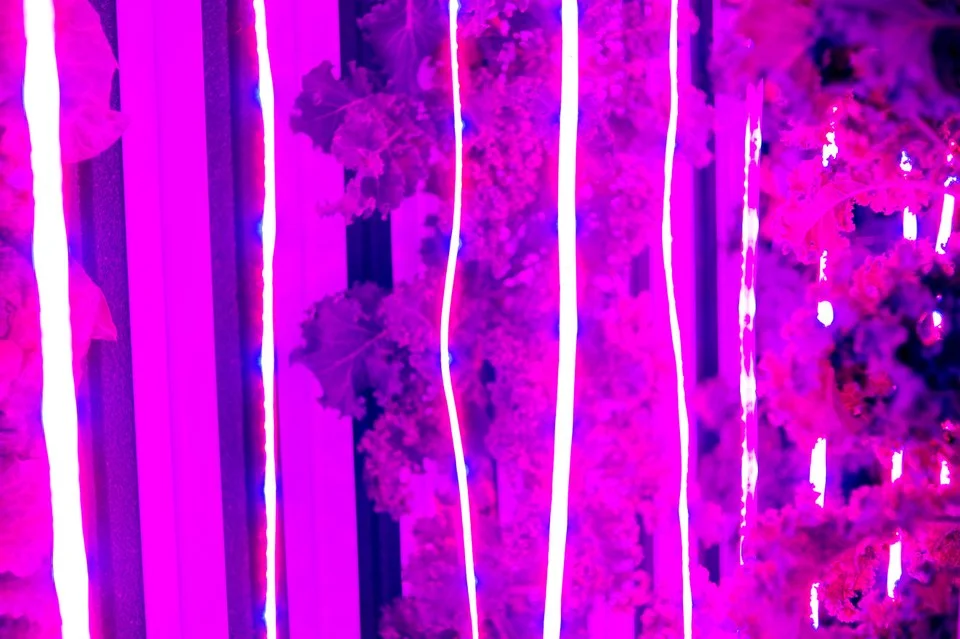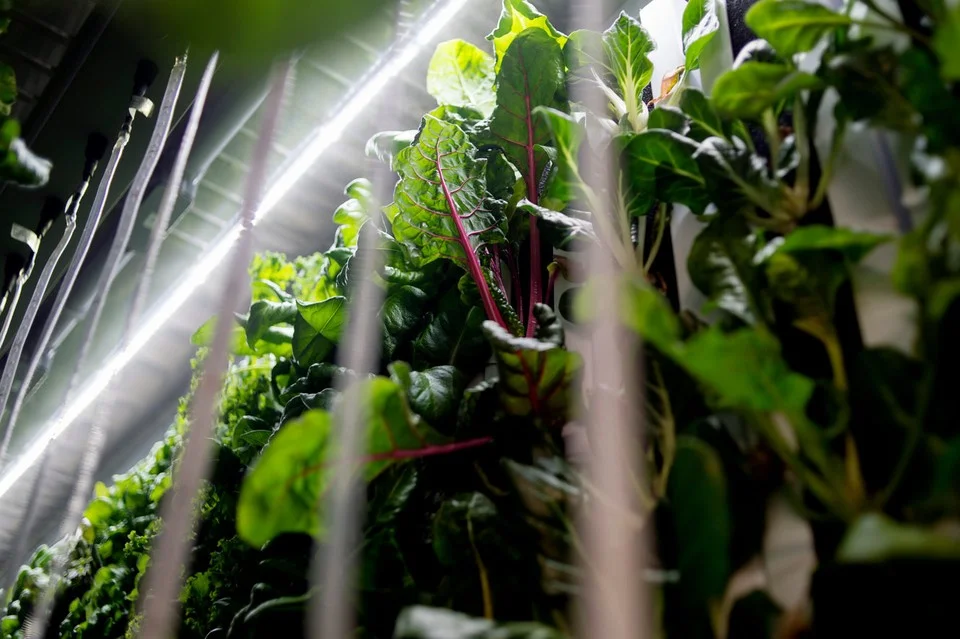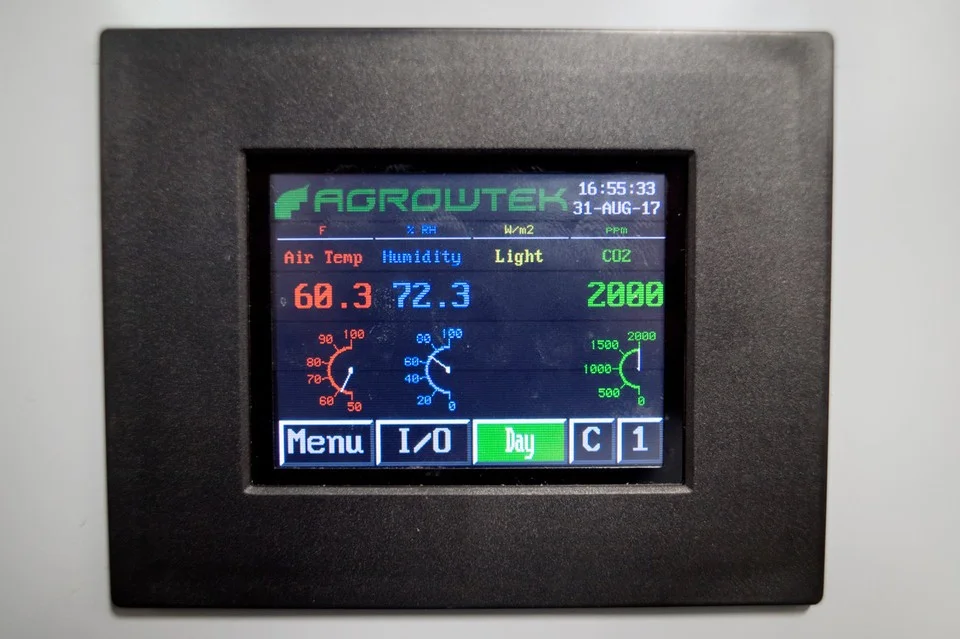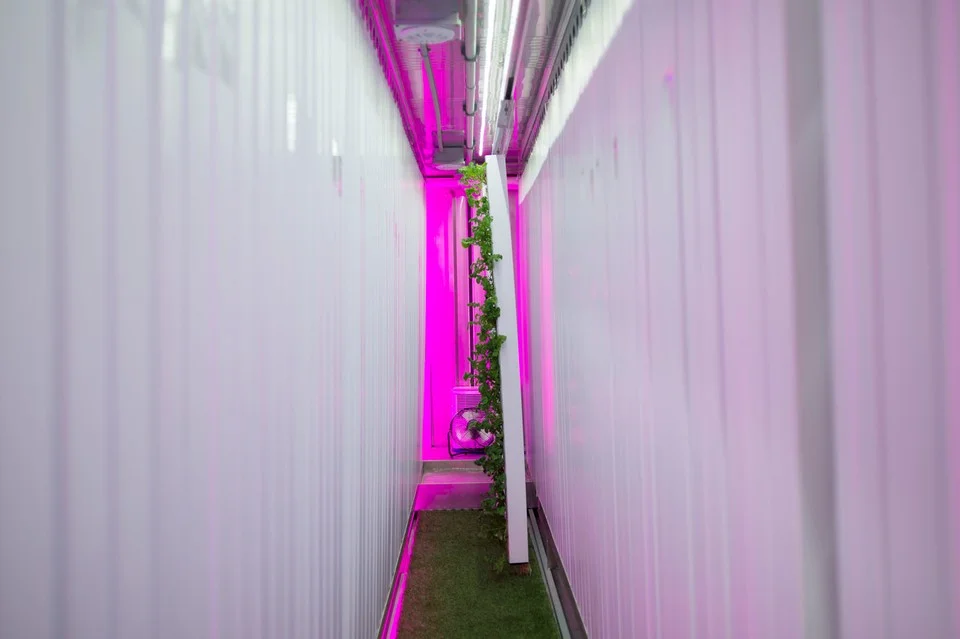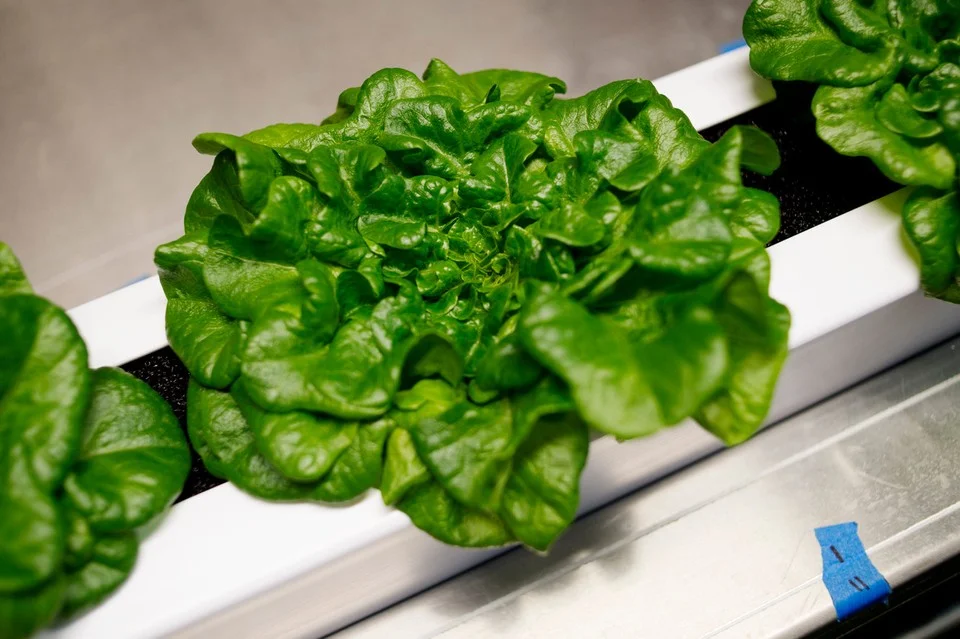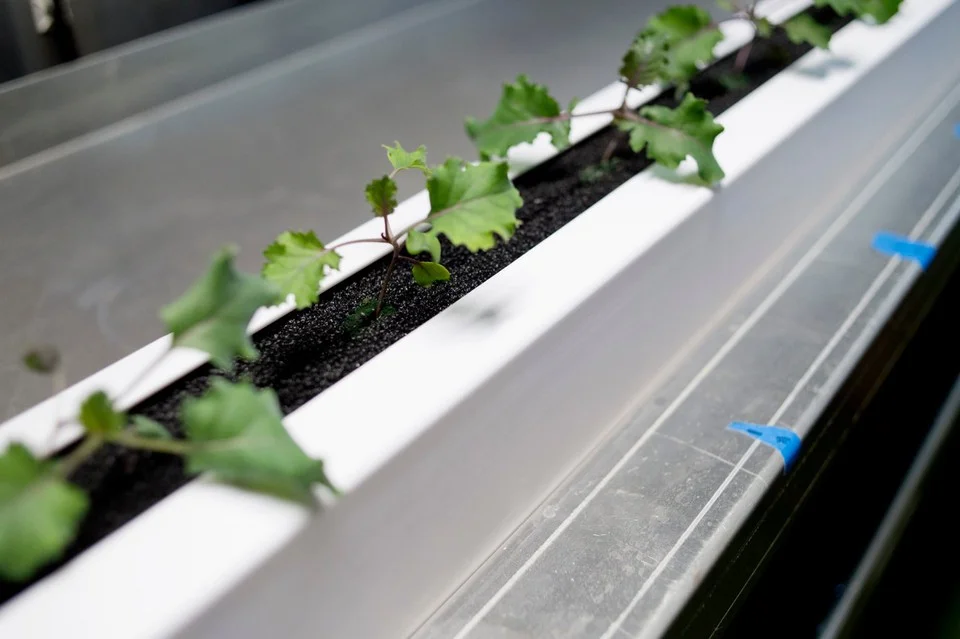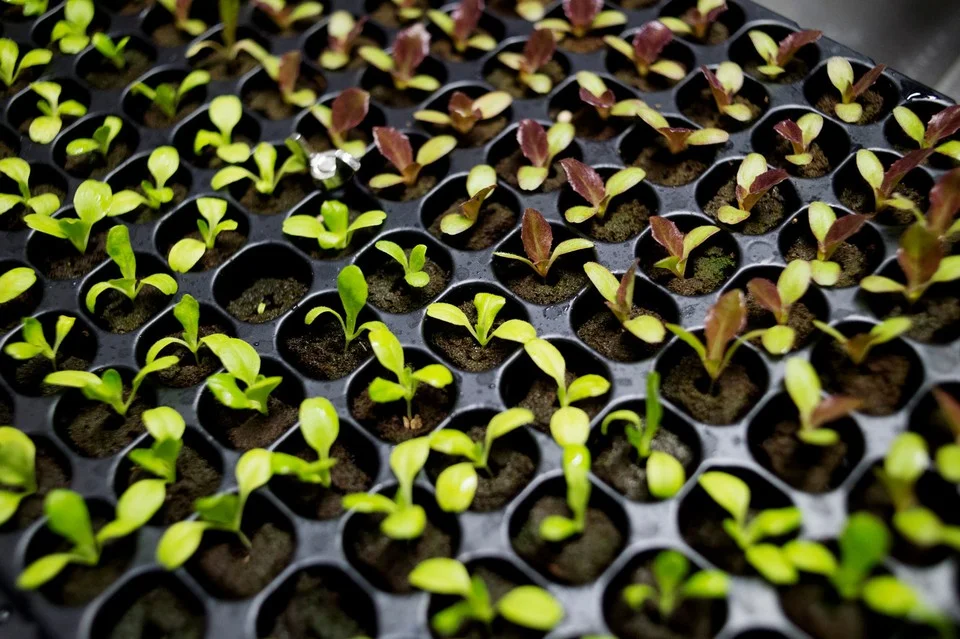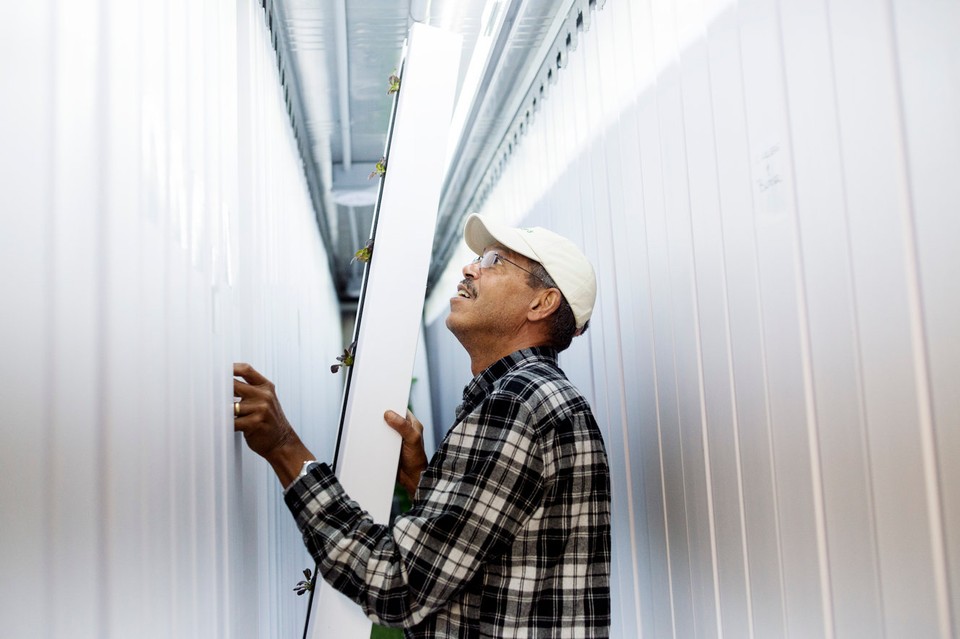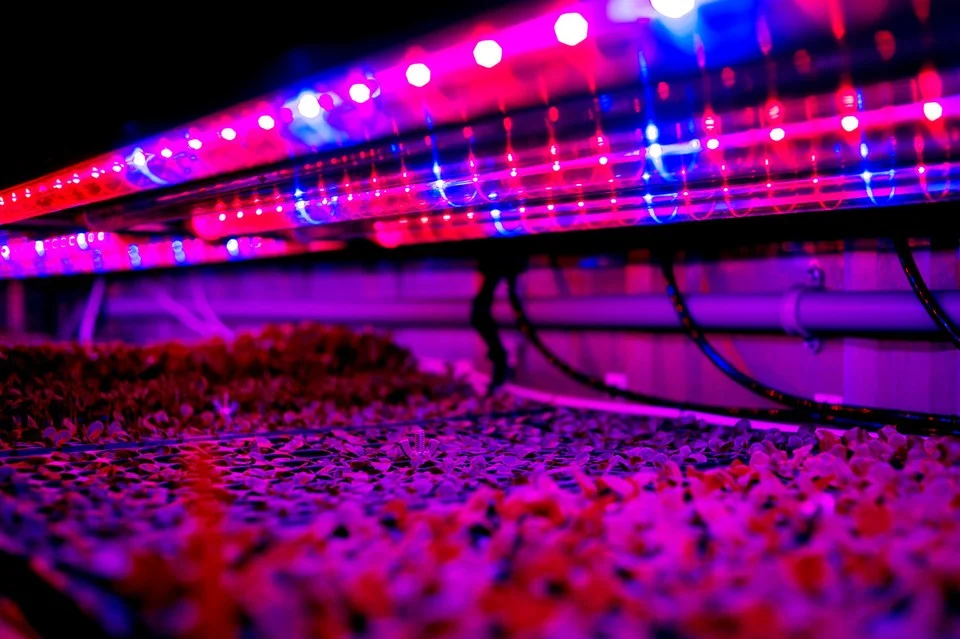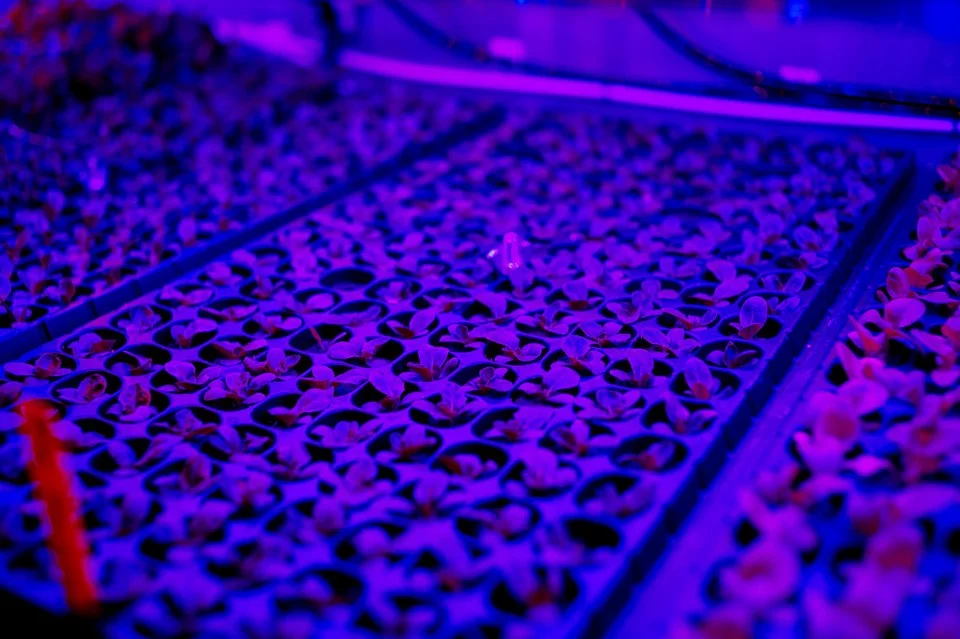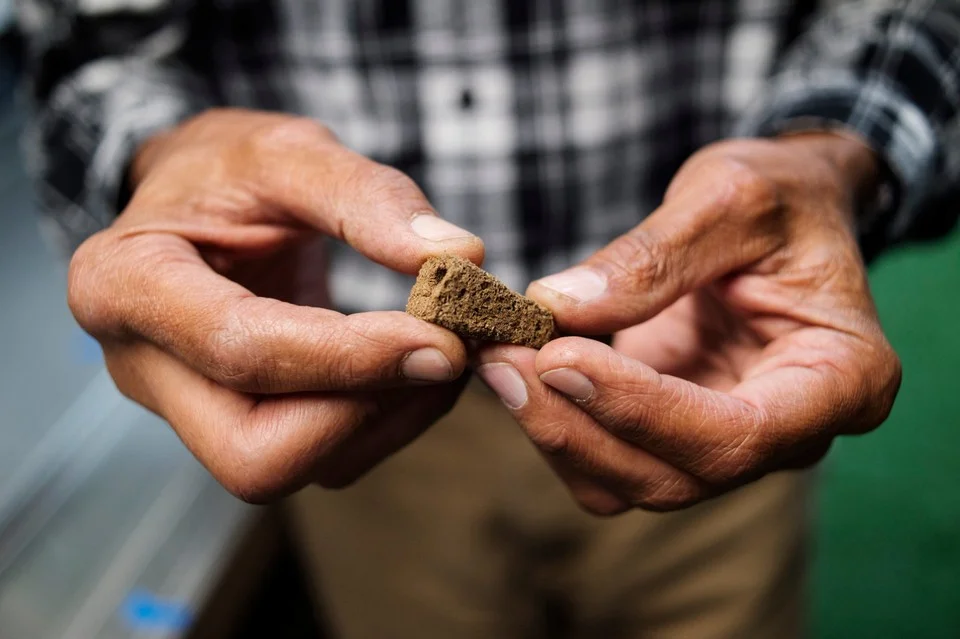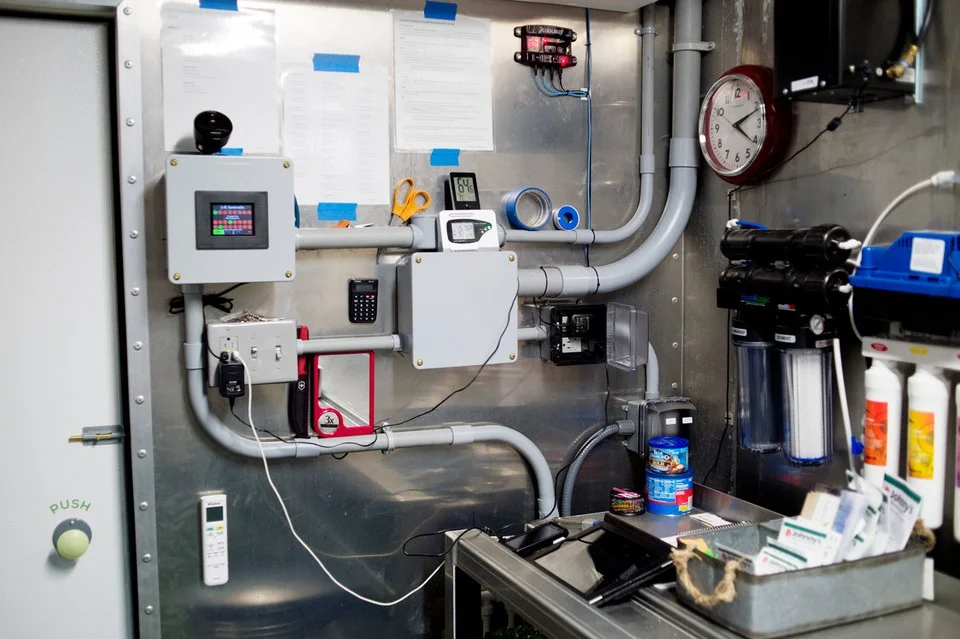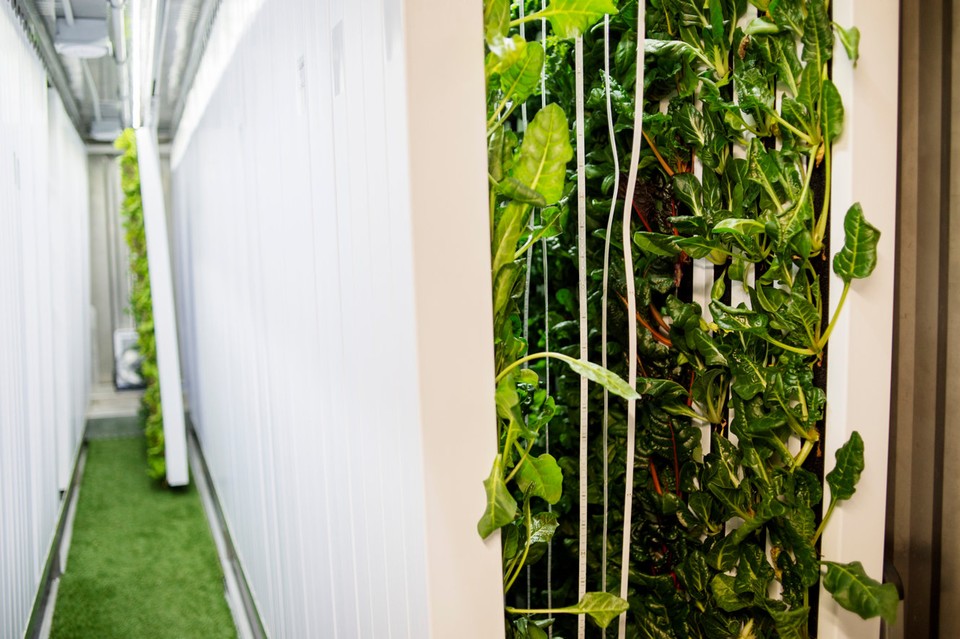Downtown Farmer Raises Salad greens Year-Round Inside Freight Container
Downtown Farmer Raises Salad greens Year-Round Inside Freight Container
Updated on September 5, 2017 at 8:10 AMPosted on September 5, 2017 at 8:03 AM
GRAND RAPIDS, MI - Brian Harris is not a traditional farmer. But neither is the tender kale, spicy arugula and crispy pak choi he raises inside of a converted freight container on the edge of downtown.
Harris, who sold his steel company a couple of years ago, had little experience in farming or gardening before he created Green Collar Farms, a "hydroponic vertical micro farm" located inside of a green and white re-purposed shipping container parked in a vacant lot on the city's lower West Side.
"I'm fascinated with process and solving problems," said Harris, an engineer by training who became fascinated after a friend gave him some literature on growing vegetables indoors. "The challenge was, how do you do this indoor gardening and I could not be denied."
Harris, who also chairs the Downtown Development Authority, said he experimented with hydroponics and indoor gardening in his home's basement for several years before he got serious and bought his 350-square foot container.
The container, which once served as a refrigerated vessel for international shipping, now is lined with vertical trays in which plants are placed. Fertilized water flows through the foam in which the plants are held while ribbons of LED lamps offer just the right blend of blue and red rays to feed the plants.
The setting yields bumper crops of leafy greens and lettuces, including kale, arugula, bibb, butterhead, deer tongue, mustard, pak choi, spinach and tatsoi.
Thanks to the stress-free environment, Harris says his plants are tastier, more tender and more consistent than his field-grown competition. He's planning to add a second container to raise herbs such as basil, chives, mint, oregano and thyme.
Inside the container, Harris is able to control the temperature, the humidity and the amount of light his plants are exposed to every day. The computerized controls are set up so he can control the indoor farm from his home or cell phone.
Harris germinates the plants himself from pelletized seeds he places inside water-absorbent seed plugs made of coconut husks. Placed under lights on trays, the seeds germinate within a week before they are transplanted into the vertical trays, where they get 16 hours of light every night.
The controlled environment means he does not have to treat the plans with herbicides, pesticides or fungicides. He uses just 5 percent of the water a traditional soil farmer would consume. The container also allows him to raise his crops year-round regardless of weather conditions outside.
The container, which houses white vertical trays in which he places seedlings, produces as many plants as a dirt-based farm would produce on 1.5 to 2 acres, Harris said. He estimates he will be able to produce crops on a 6-week cycle.
Harris said his $90,000 investment in container farming is being duplicated around the world as growers use "controlled environment agriculture," or CEA, to combat weather conditions that include desert heat, frozen climates, drought and flooding.
As his first crops reach maturity, Harris is now scouting for restaurants and grocers who want to stock his hyper-local and super-fresh crops.
Ultimately, Harris said he wants to find a building in the city where he can create a vertical garden in about 10,000 square feet. That will allow him to create jobs and economic opportunities in the city.
"Year-round indoor vertical farming has great potential to invigorate underutilized parts of Grand Rapids," Harris said. "We're not just trying to grow kale; we're trying to grow community vitality."
Harris also hopes Green Collar Farms will have a positive impact on young people, creating an interest in science, technology, engineering and math (STEM).
"Vertical indoor farming is a wonder to see and can spark the imaginations of young people to learn not just about STEM subjects, but also plant biology, agriculture and nutrition. This could prepare students for future careers and help them better understand where their food comes from."


